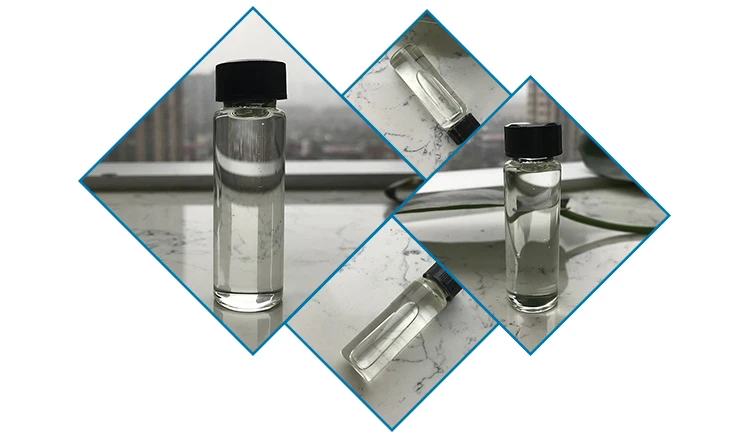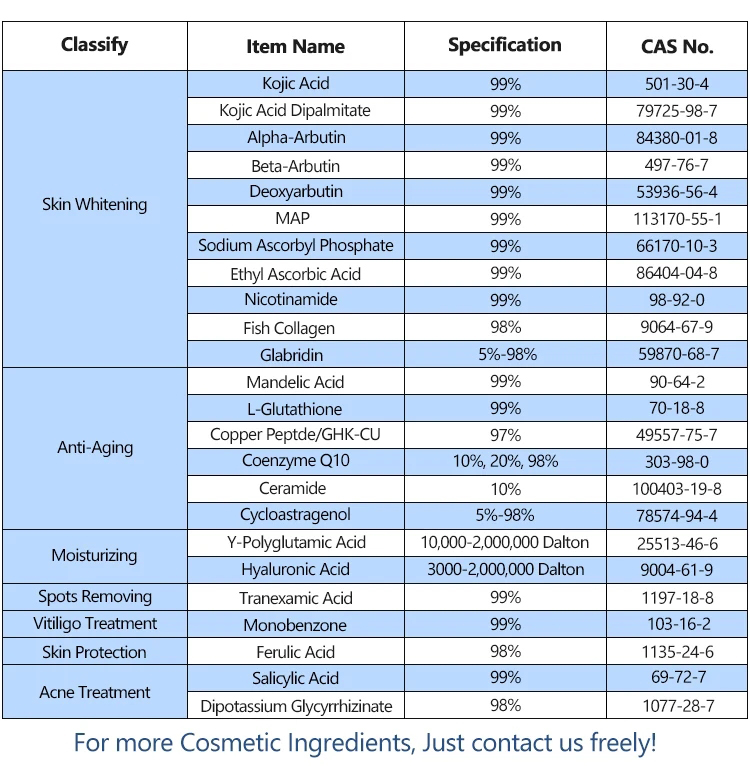Ascorbyl Tetraisopalmitate (ATIP) is a stable, fat-soluble derivative of Vitamin C commonly used in skincare products. It has the ability to penetrate the skin better than water-soluble Vitamin C, making it effective in reducing hyperpigmentation, improving skin elasticity, and offering antioxidant benefits.
Suitable Population:
- General Use: Ascorbyl Tetraisopalmitate is safe for most skin types, including sensitive skin. It is often included in anti-aging products, as it supports collagen production and helps reduce the appearance of wrinkles and fine lines.
- Sensitive Skin: People with sensitive skin can benefit from it due to its milder nature compared to other Vitamin C derivatives like L-ascorbic acid, which can cause irritation in some individuals.

- Acne-prone Skin: It’s also suitable for acne-prone skin because of its anti-inflammatory and antioxidant properties. However, it’s always best to patch test if you’re uncertain about how your skin will react.
- All Skin Tones: Since it doesn’t cause irritation like some other Vitamin C products, it’s suitable for all skin tones, including those with darker skin tones, where the risk of hyperpigmentation can be higher.
Safety:
Ascorbyl Tetraisopalmitate is generally considered safe for topical use in concentrations of up to 5%, though most formulations contain between 1-3%. It is less likely to cause irritation compared to other forms of Vitamin C. However, as with any cosmetic ingredient, individual reactions may vary.
- Irritation: Though it’s a gentler Vitamin C derivative, it can still cause irritation in some individuals, especially when used in higher concentrations or in combination with other active ingredients like acids or retinoids.
- Sun Sensitivity: As with most Vitamin C derivatives, it may increase your skin’s sensitivity to the sun. It’s recommended to use sunscreen while using products containing Ascorbyl Tetraisopalmitate.

Regulatory Status:
Ascorbyl Tetraisopalmitate is widely accepted and used in cosmetic formulations. It’s included in various product formulations across many countries and is generally recognized as safe by regulatory agencies such as the FDA, as long as it is used within recommended concentrations.
In conclusion, it’s a great ingredient for most people, particularly for those seeking anti-aging, brightening, or antioxidant effects, with a relatively low risk of irritation.
